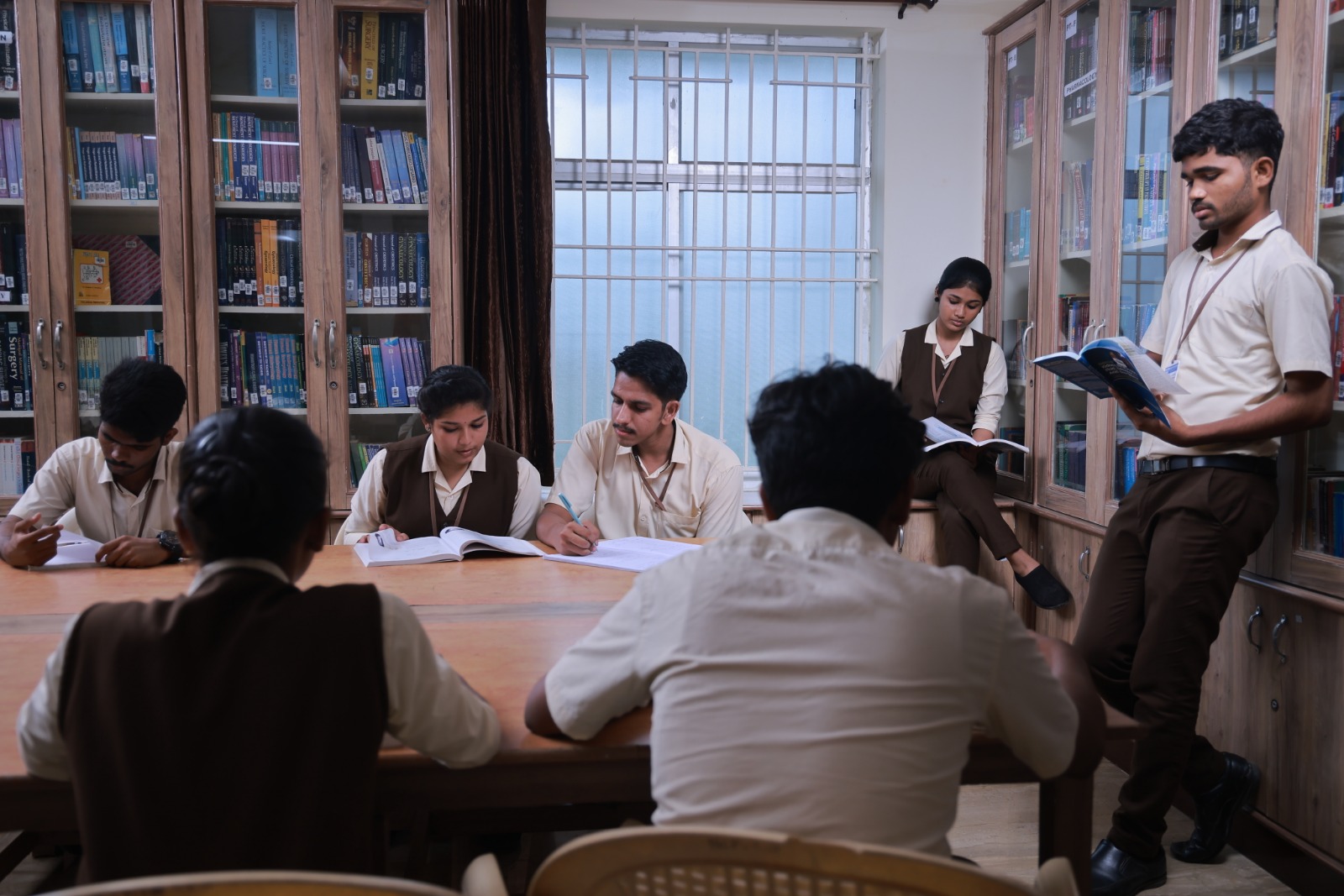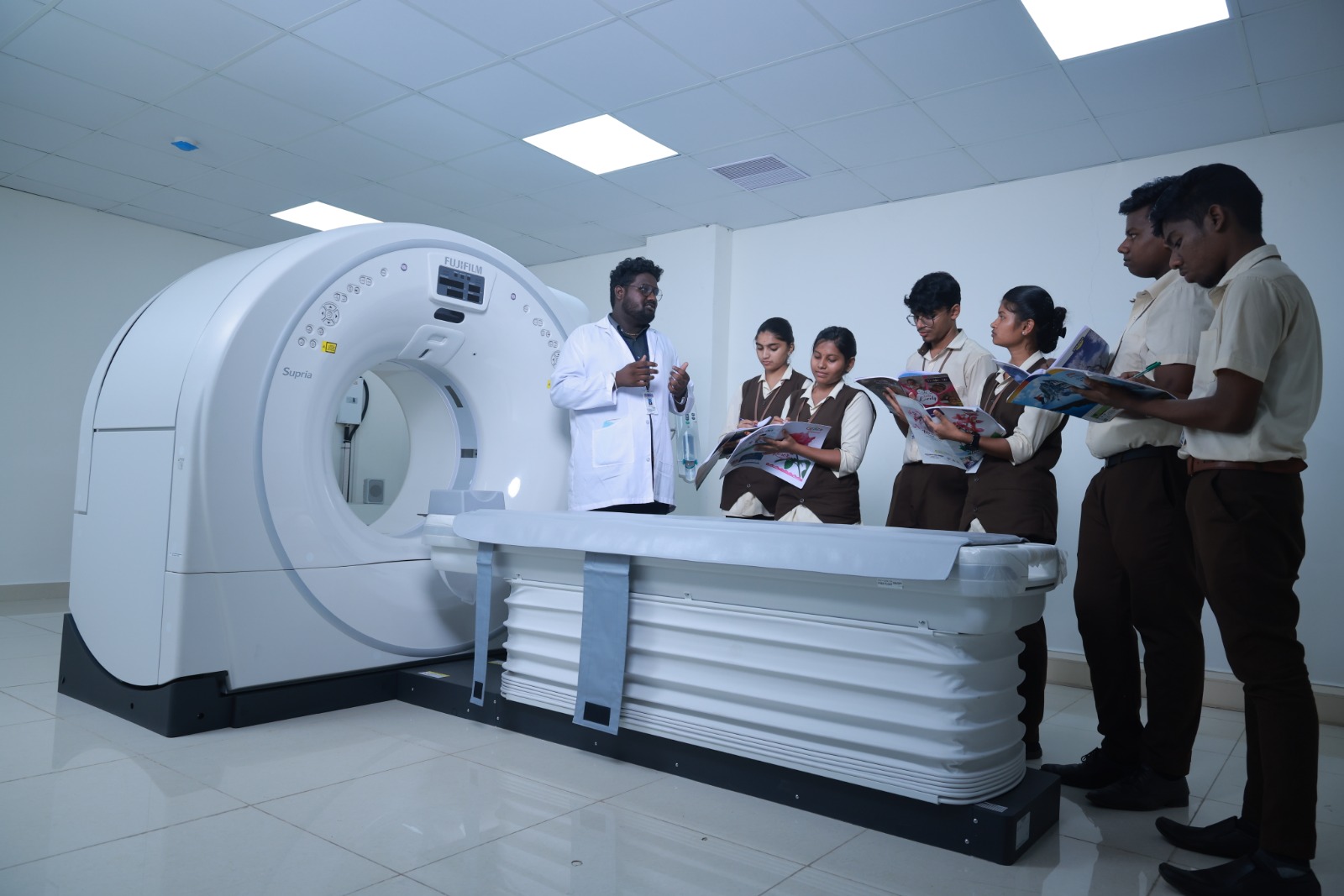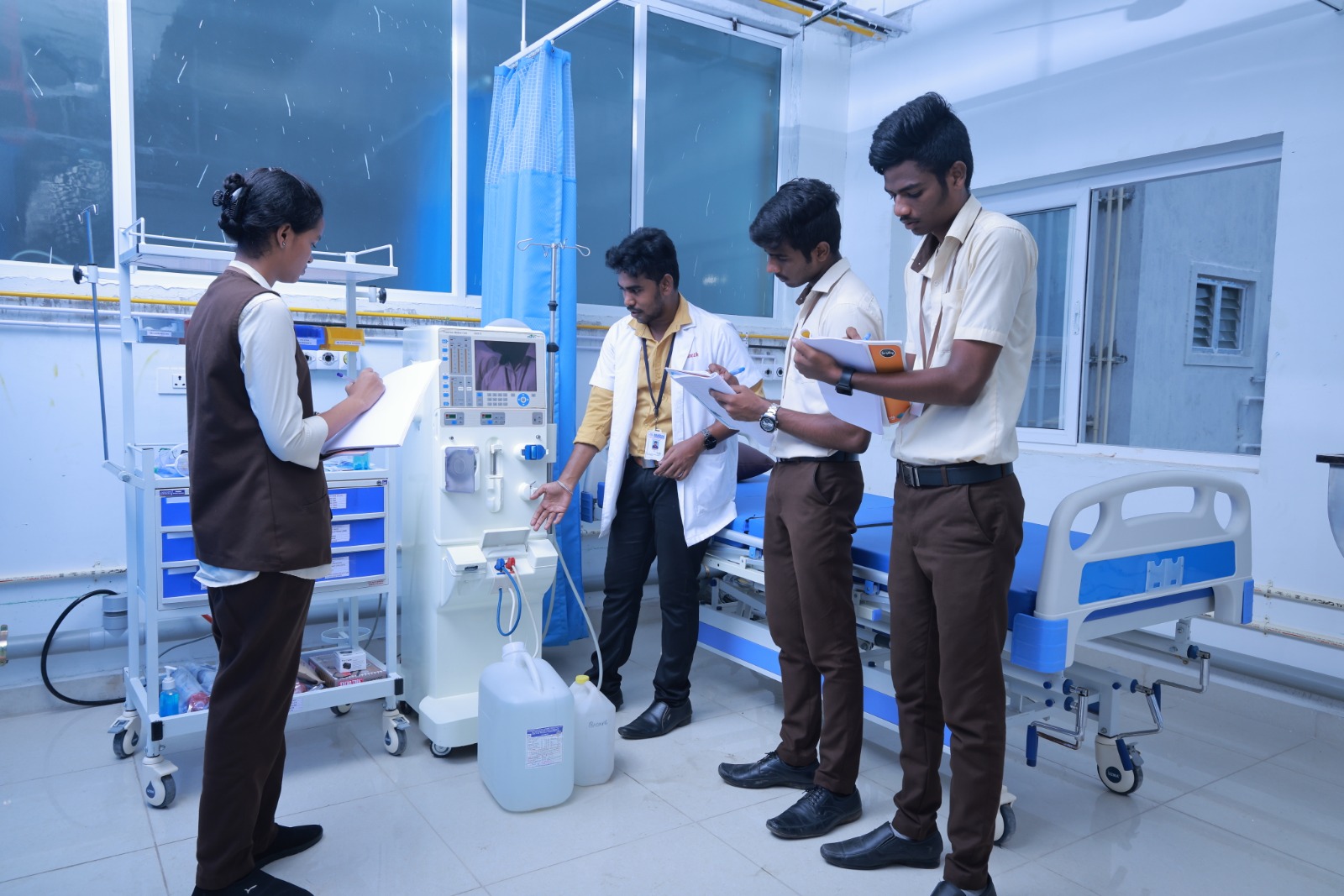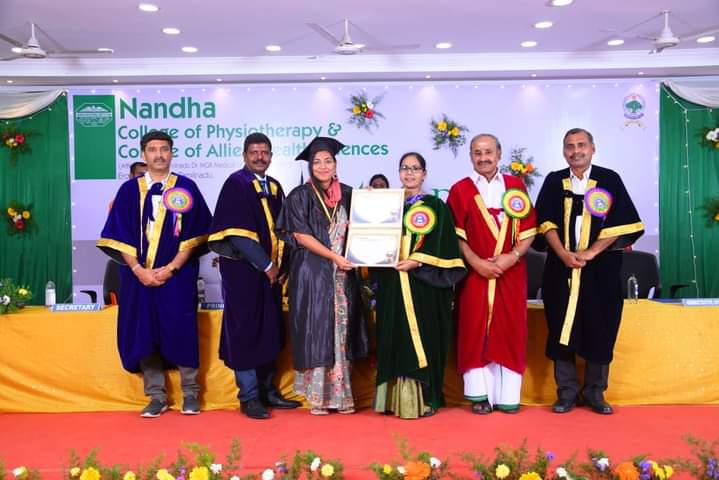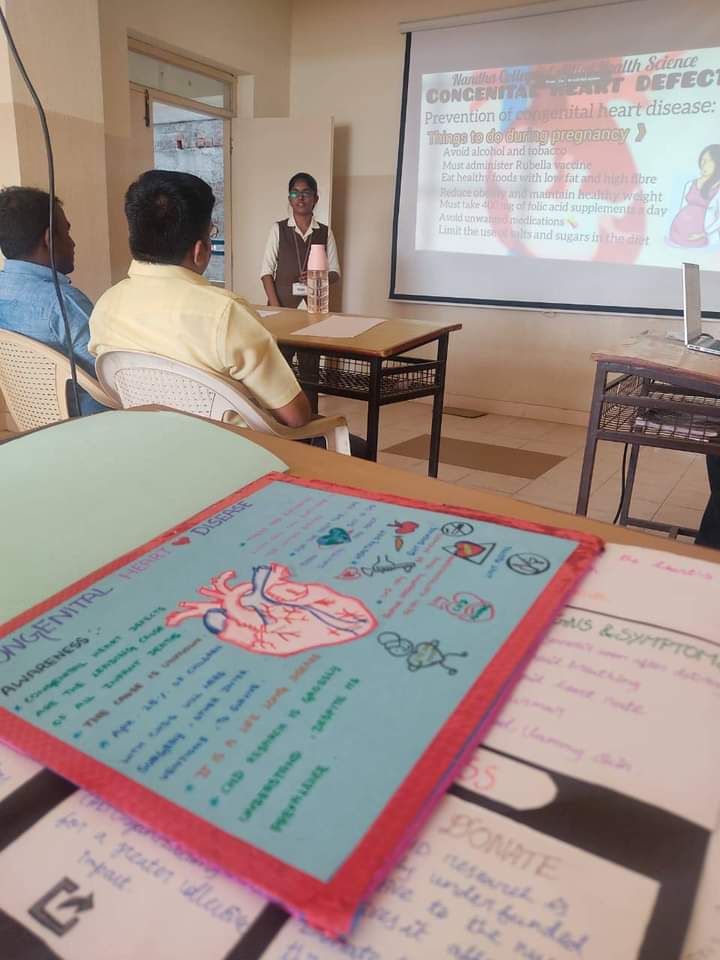- Details
- Written by Super User
- Category: Courses
- Hits: 16219
ABOUT THE COURSE
Neuroelectrophysiology is a fast developing field in medical science. It operates the crossing of neurosciences, cellular engineering and signal processing. This course enables the neurotechniologist to perform and interpret electrophysiology procedures. The students will acquire skills to assess the patient and plan various electrodiagnostic procedures and implement them.
As neuroelectrophysiology is an integral part of neurology, the neuroelectrophysiologists are highly in demand in all hospitals. Easily placements with high remuneration are available for the neurotechnicians
syllabus
|
Year |
Examination |
First |
1. Anatomy 2. Physiology & Biochemistry |
Second |
1. Electroencephalography & Electronics 2. Evoked Potentials and Clinical Neurology
|
third |
1. Nerve Conduction Studies & Electromyography 2. Polysomnography, Transcranial Magnetic Stimulation, Autonomic Lab, Intraoperative Monitoring3. Application of Clinical Neurophysiology |

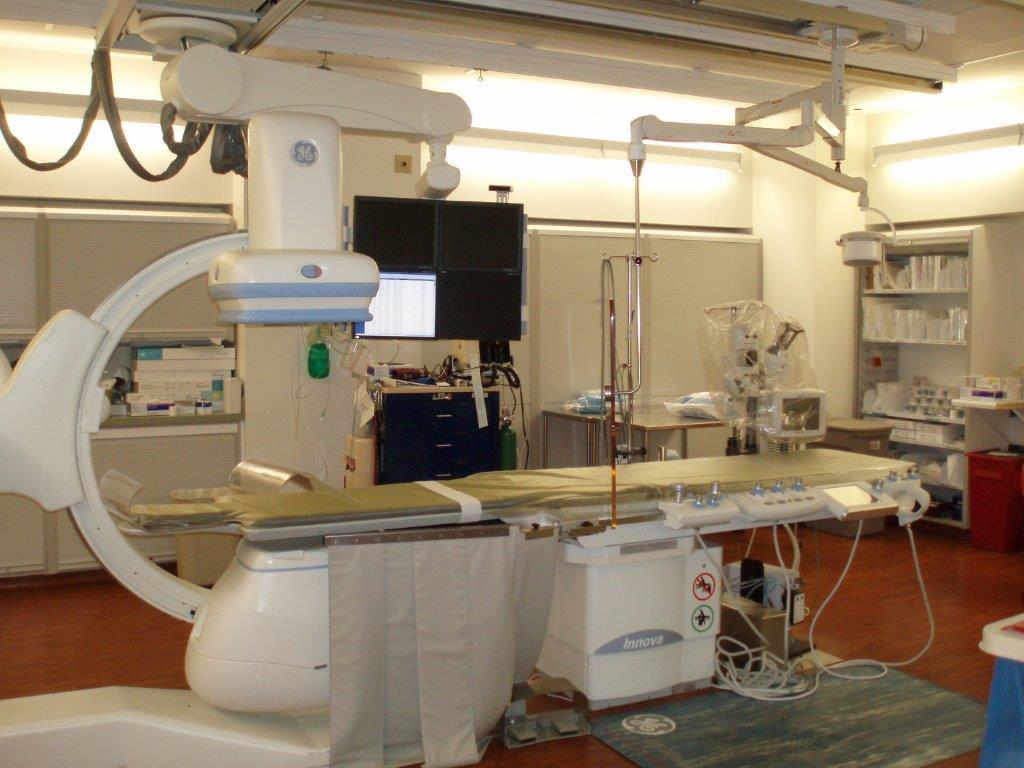
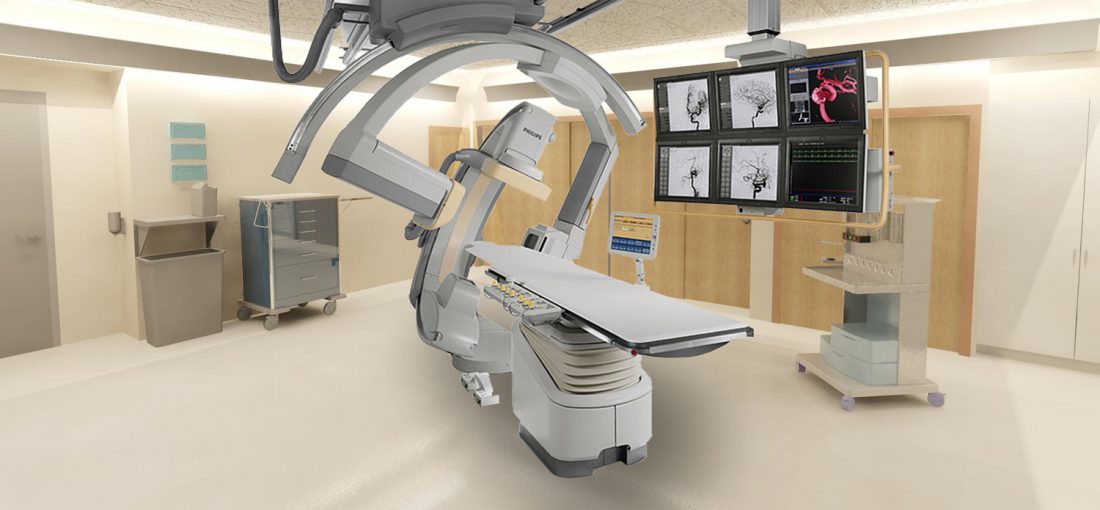
- Details
- Written by Super User
- Category: Courses
- Hits: 14106
ABOUT THE COURSE
Respiratory therapy technicians work with physicians and respiratory therapists to help patients with breathing problems. They assist in treating, evaluating and caring for patients. These workers also perform procedures under the guidance of a therapist or physician.
Respiratory therapy technicians work in medical care settings that provide respiratory therapy, such as hospitals or nursing care facilities. Those who work in settings that care for individuals with contagious illnesses, like hospitals, may be exposed to such diseases.
The majority of respiratory therapists work full-time, and their technicians may do so as well. Technicians must be physically able to assist patients and work well with others.
Syllabus
|
Year |
Examination |
First |
1. Anatomy & Physiology, 2. Microbiology & Pathology, 3. Biochemistry, Pharmacology, 4. Bio Statistics & Physics |
Second |
1. Respiratory Diseases 2. Cardiovascular Diseases 3. Diagnostic Techniques in Cardiorespiratory Diseases 3. Equipment's In Respiratory Care |
Third |
1. Respiratory Therapy Techniques 2.Respiratory Therapy Techniques II 3. Life Support System 4. Cardio Pulmonary Rehabilitation |
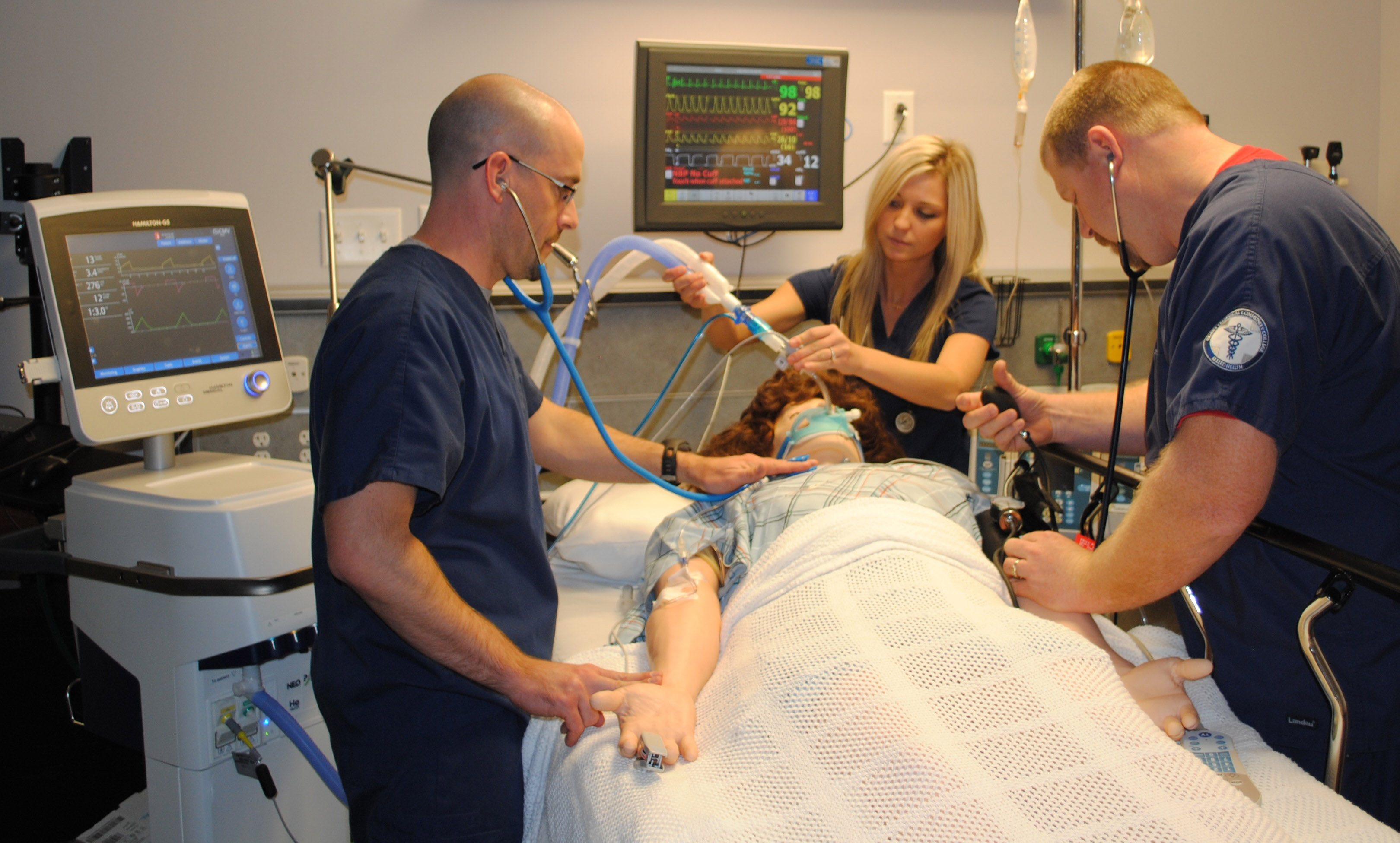
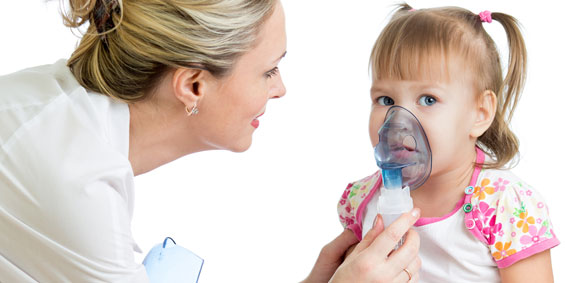
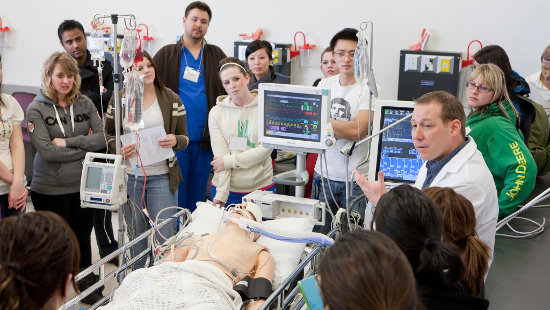
- Details
- Written by Super User
- Category: Courses
- Hits: 13731
ABOUT THE COURSE
The course is designed to prepare students to administer hemodialysis treatments for patients with renal failure, under the supervision of a physician
Dialysis technicians monitor and operate dialysis machineries, which removes waste and excess fluids from the blood of patients whose kidneys are no longer functioning properly. In addition to preparing patient and monitoring dialysis treatment, dialysis technicians also prepare post treatment reports
Syllabus
Year |
Examination |
First |
1. Anatomy, Physiology Biochemistry and Pathology-I, |
Second |
1. Microbiology, Pathology-II and Pharmacology, 2. Community Medicine and Basic Medical Electronics |
Third |
1. Dialysis Technology 2. Renal disease therapeutics |
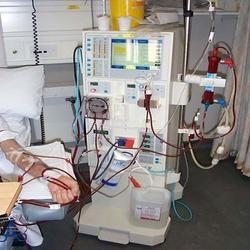
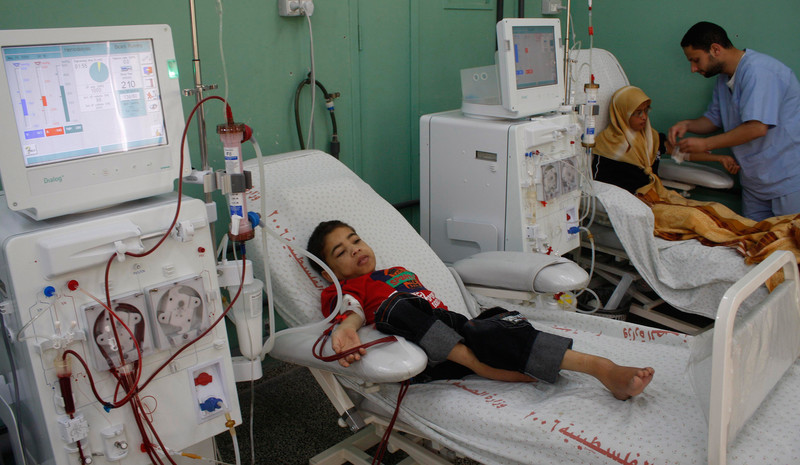
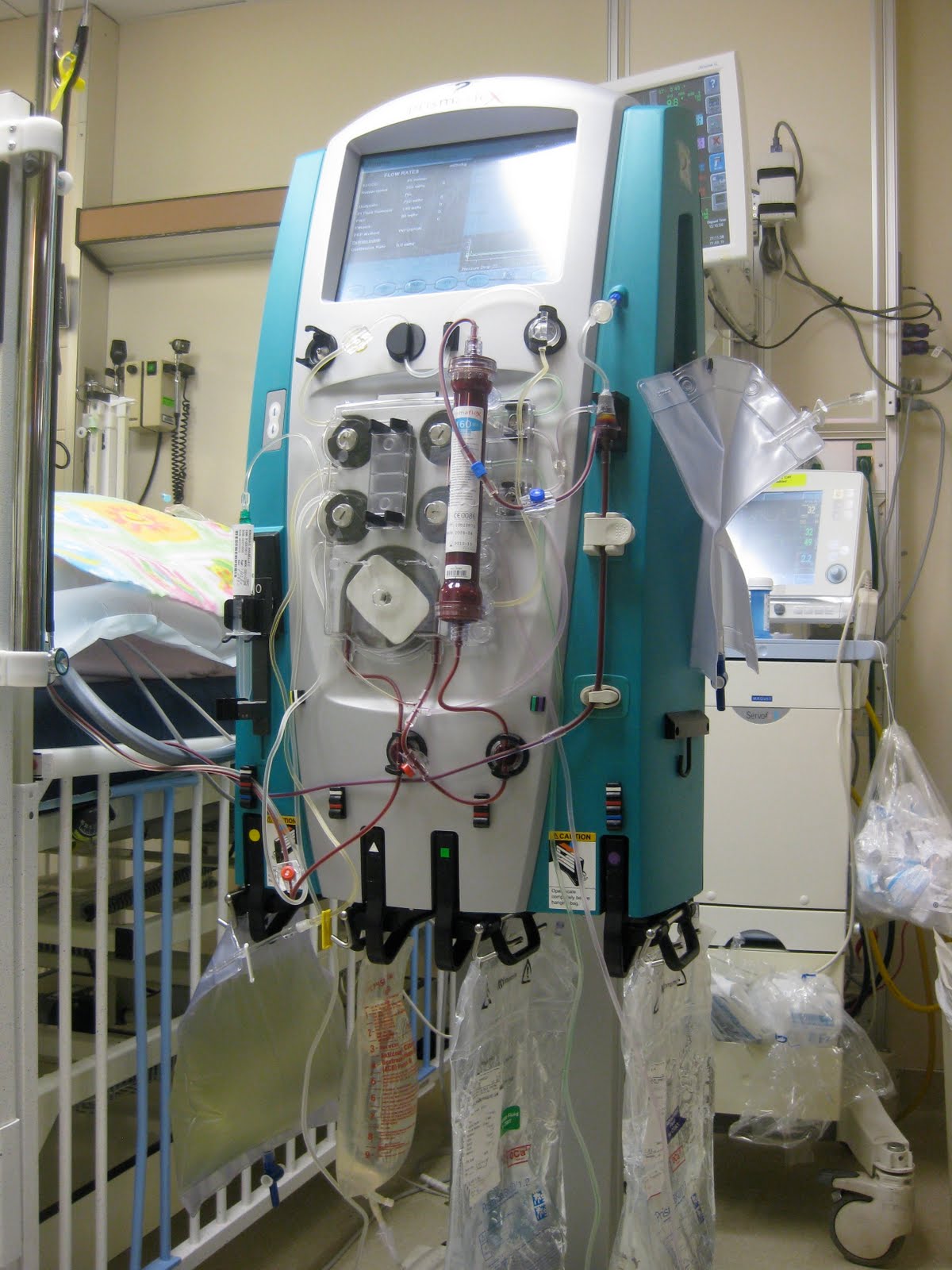
- Details
- Written by Super User
- Category: Courses
- Hits: 10958
ABOUT THE COURSE
Cardiovascular Perfusionists are important members of the open-heart surgical team whose primary role is to conduct cardiopulmonary bypass using a heart-lung machine and other ancillary equipment. They closely monitor the patient's blood flow and other vital signs during open heart surgery and are also responsible for administering intravenous fluids, blood products and anesthetic drugs.
Perfusionists are also experts of other life support equipment such as ventricular assist devices and intra-aortic balloon pumps. The primary aim of B.Sc Cardiac Perfusion Technology is to academically and clinically prepare the cardiovascular perfusion student for professional practice.
The curriculum focuses on developing a strong knowledge base in cardiothoracic anatomy, physiology and pathophysiology, as well as pharmacology, fetal and neonatal cardiac development and perfusion science.
Syllabus
Year |
Examination |
First |
1. Anatomy & Physiology, 2. Biochemistry & Pathology, Basics of Computer |
second |
1. Pharmacology, Pathology, and Clinical Microbiology, 2. Principles of Perfusion Technology – Part-I |
Third |
1. Introduction to Surgery & CSSD, 2. Cardio-Pulmonary Bypass and its Complications Sterile Techniques and Surgical Asepsis Maintenance 3. Principles of Perfusion Technology (Part-II) |
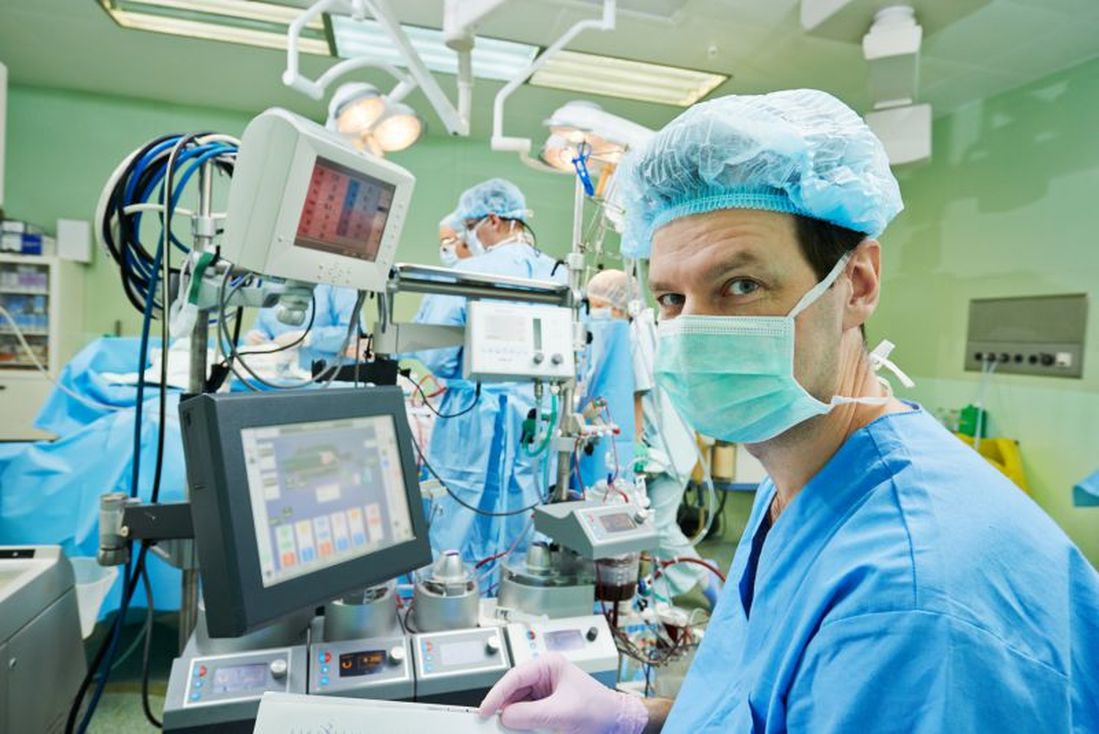
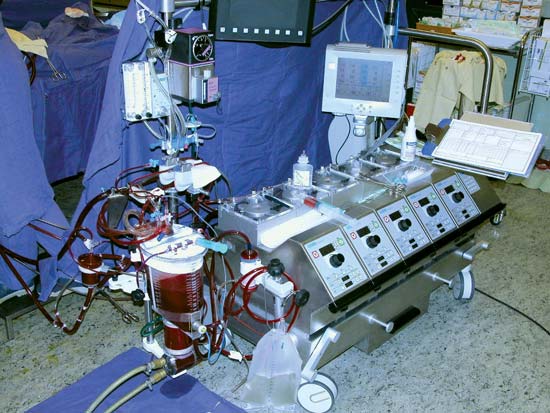
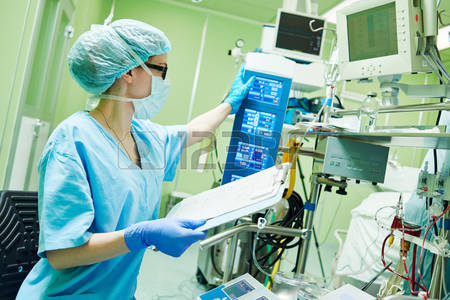
Page 1 of 2

